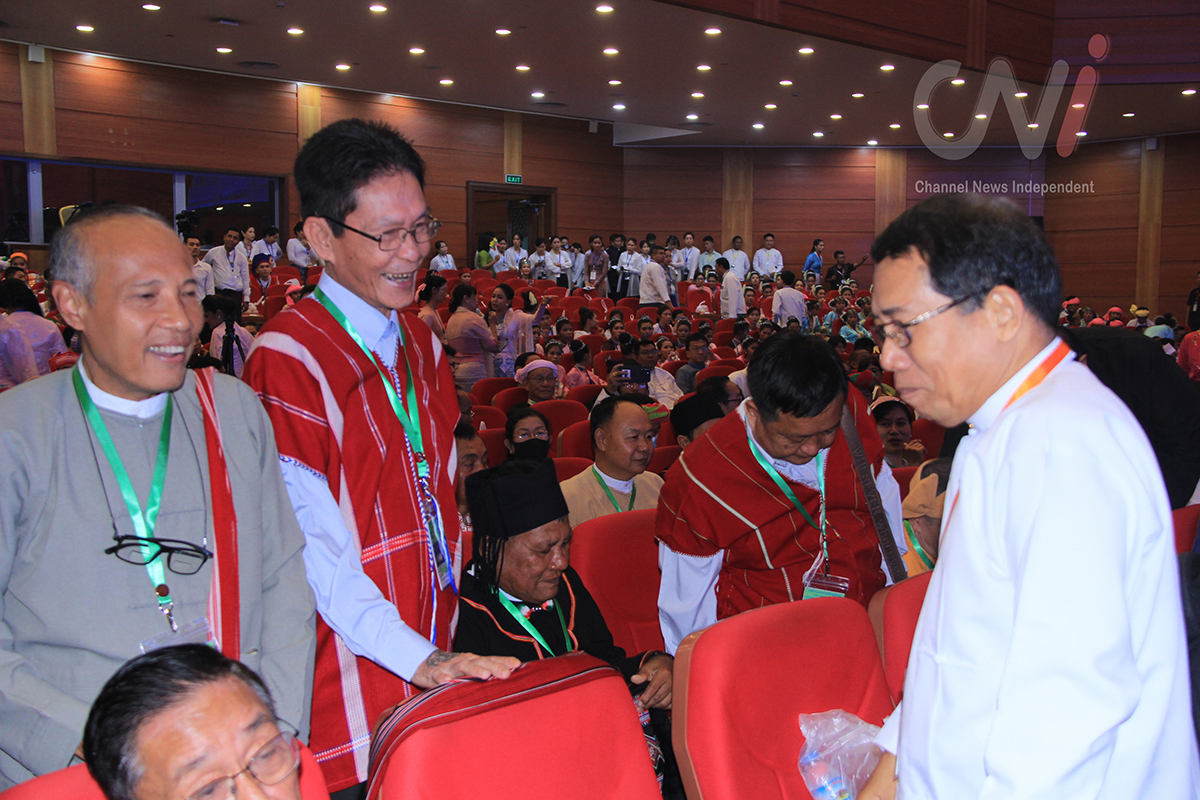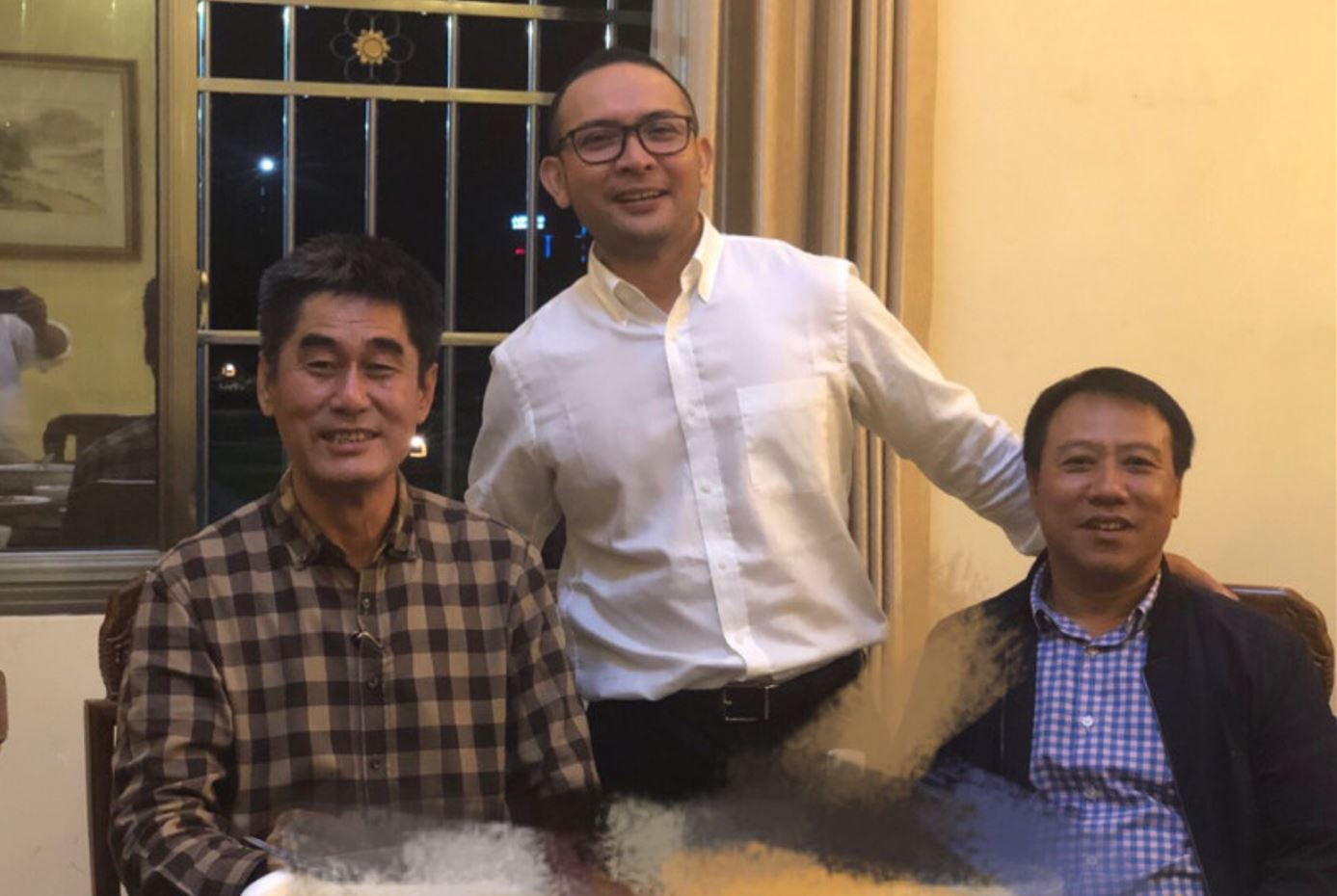CNI News
27 August 2025
Debate has emerged among military and political analysts on whether Myanmar’s Tatmadaw should set standards when inviting Ethnic Armed Organizations (EAOs) and other armed groups to peace talks.
At present, analysts point out that the Tatmadaw’s peace invitations—which include demands for armed groups to lay down their weapons and engage only in politics—have not been effective.
Sai Htay Aung, Chairman of the Tai Leng (Shanni) Nationalities Development Party (TNDP), told CNI News that standards should indeed be set when inviting groups to peace negotiations, and the Tatmadaw needs to reconsider why its peace invitations have not worked so far.
“The Myanmar Tatmadaw has been consistently inviting groups with its six-point peace principles, but it hasn’t worked. They need to reconsider why it hasn’t worked. As for standards, yes, they should be applied among armed groups. But if the way standards are being applied is not working, then another approach should be reconsidered. This depends on the current situation. Peace is a long-term issue. If it is done based only on immediate circumstances, that’s not very good. I don’t want to give a specific opinion yet on exactly how standards should be set, but if standards are established with long-term national stability and peace in mind, that would be much better.” he said.

While seeing Dr. Aye Maung and armed groups
On September 26, 2024, the SAC had announced invitations for EAOs and People’s Defense Forces (PDFs) to abandon the armed path and resolve political issues through political means.
Furthermore, on June 25, 2025, Senior General Min Aung Hlaing, at a peace forum in Naypyidaw, reiterated that peace was open to “terrorist insurgent groups including PDFs and ethnic armed groups.”
Dr. Aye Maung, Chairman of the Arakan Front Party (AFP), told CNI News that while it is reasonable for the governing authority to set conditions and regulations when declaring peace and ceasefires, it must also seriously examine the underlying justifications for why armed groups are waging resistance before inviting them.
“Later, some restrictions were included. For example, armed groups are required to renounce extremist ideologies. They must also agree not to cut off civilian infrastructure such as roads and communications, and not to continue recruiting or mobilizing forces. These preconditions were tied to ceasefire announcements. If they kept mobilizing forces or recruiting, the Tatmadaw would retaliate. Such restrictions are common when ceasefires are announced. But at the same time, the government must thoroughly analyze why these groups took up arms in the first place. The political outcome should address those root causes. Only after preparing such a political resolution should the government invite them for talks.” he said.

Leaders of AA, TNLA, and MNDAA
Analysts also pointed out that since the governing authorities label some armed groups as “terrorist organizations” or “illegal associations,” this makes it difficult to officially hold peace talks with them. Therefore, they argue, such designations should be lifted.
Traditionally, when inviting armed groups, the Tatmadaw specifies what conditions, standards, and positions must be met for them to be accepted. In the past, for example, the Tatmadaw refused to accept AA, TNLA, and MNDAA on the grounds that they had no significant armed forces, no controlled territory, and no ongoing battles. They were told they could only participate in peace if they laid down their arms.
Later, however, when AA, TNLA, and MNDAA built up military forces, established controlled territories, and engaged in battles, the Tatmadaw shifted its stance—from initially refusing to allow them to sign the Nationwide Ceasefire Agreement (NCA), to later pressing them to sign it.
Currently, however, those groups are no longer interested in the NCA, instead pursuing arrangements that would give them greater power and authority than the NCA framework provides. Analysts cite this as an example of why standards should be carefully set.




